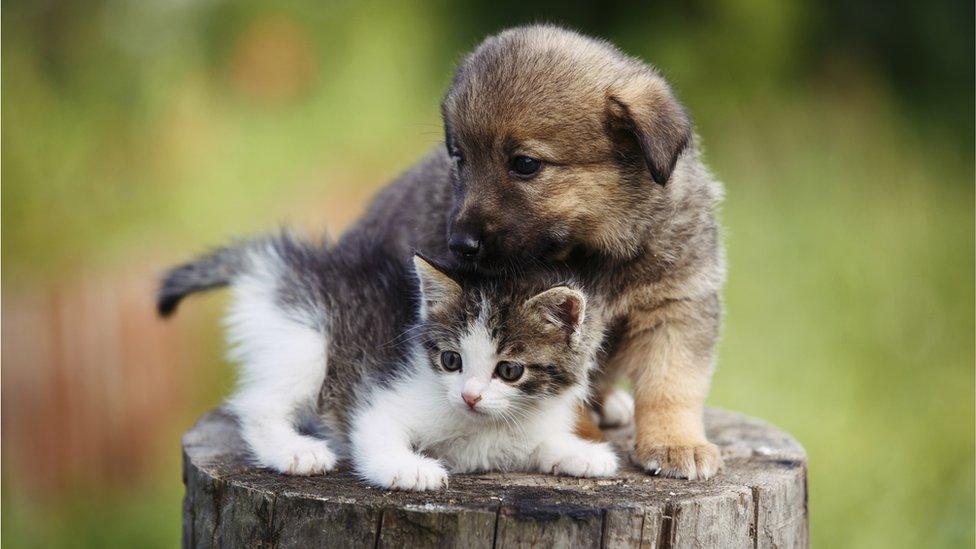Pet shop puppy and kitten sales could be banned by next spring
- Published
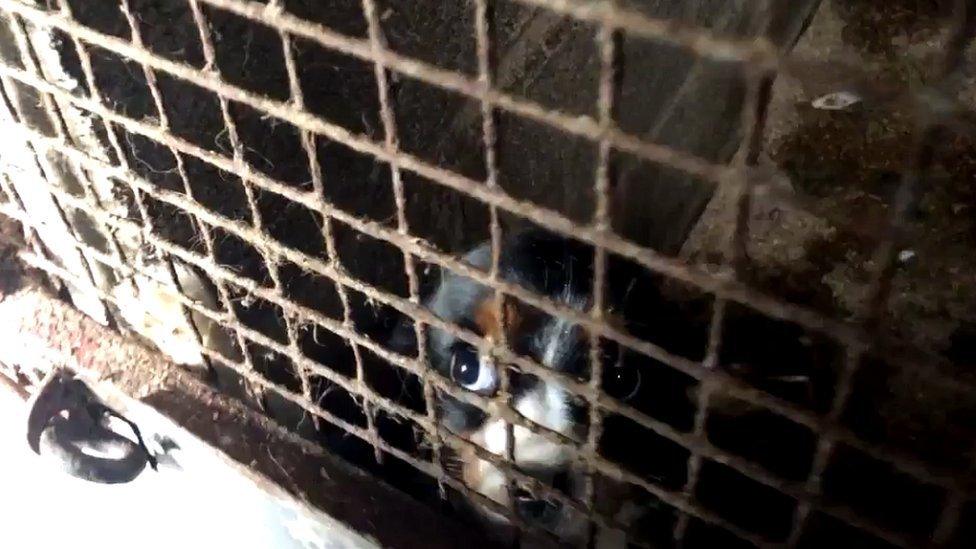
BBC Wales Investigates found dogs in poor conditions during undercover filming
A ban on the sale of puppies and kittens through pet shops in Wales could be in place by spring 2020, the rural affairs minister has said.
Lesley Griffiths said she was awaiting the results of an "urgent" review of dog breeding regulations.
The review follows a BBC investigation that found "filthy" conditions at licensed breeding sites.
Conservative AM Andrew RT Davies said the practices highlighted by BBC Wales Investigates brought "shame on Wales".
The pet shop sales ban would mean buyers would have to deal directly with a breeder or a re-homing centre.
On Wednesday, Ms Griffiths told the assembly she hoped the review would be completed by the end of the year and she wanted to bring in the new law on puppy and kitten sales "much quicker than we had anticipated".
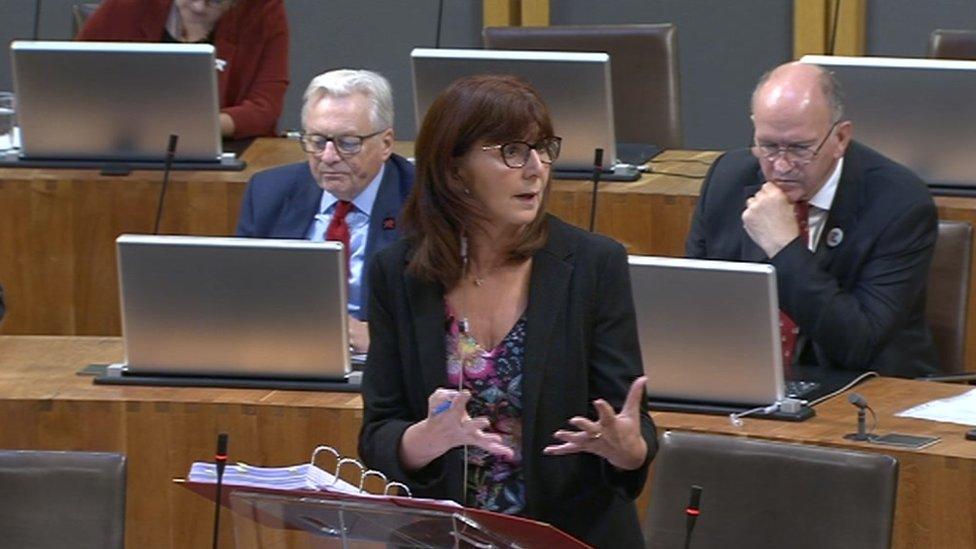
Lesley Griffiths: "I think we were all absolutely horrified by the documentary"
The BBC investigation visited many approved breeding sites and found dogs suffering from infections and kept in poor conditions with little access to exercise.
Ministers in the UK government have consulted on a similar ban of the sale of puppies and kittens in England - dubbed Lucy's Law, named after a Cavalier King Charles Spaniel rescued from a Welsh puppy farm.
Lucy, who had been kept in a cage most of her life, had a curved spine, bald patches and epilepsy after years of mistreatment.
The Welsh Government's consultation ended in May.
Mr Davies said the BBC had highlighted some "horrendous practices" and the "puppy industry" was worth around £12m a year.
He said this was "a huge sum of money" and "people would try to beat the regulations" as a result.
BBC Wales Investigates Inside the UK's Puppy Farm Capital is on the BBC iPlayer.
- Published1 October 2019
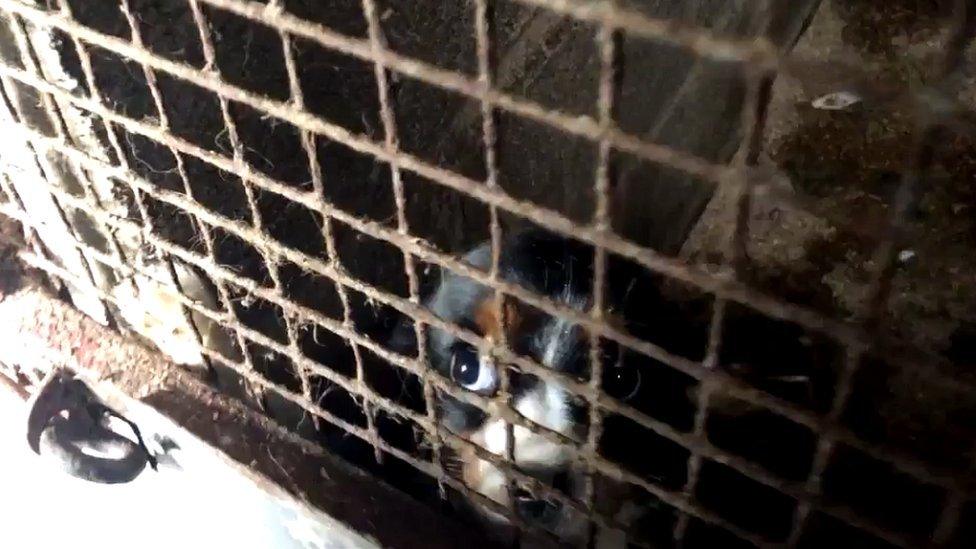
- Published30 September 2019
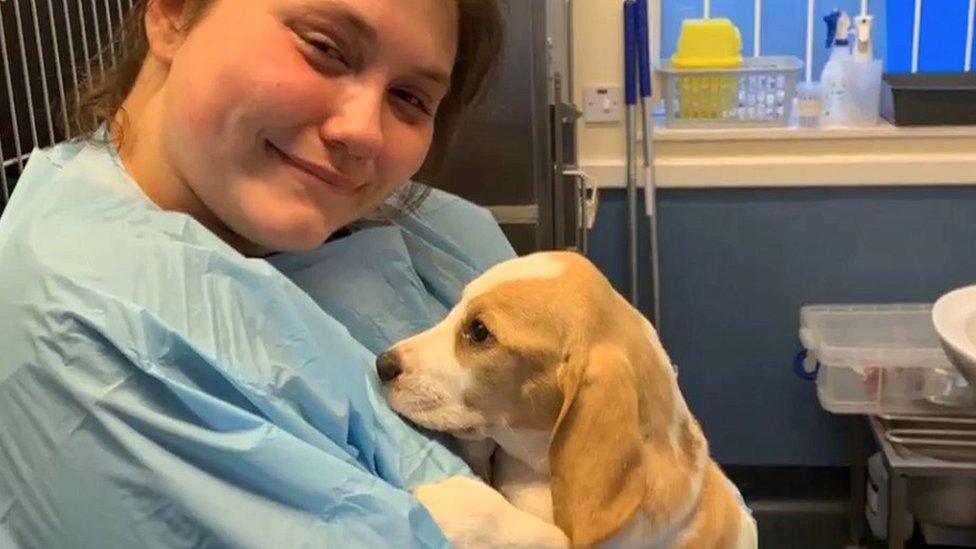
- Published1 August 2019
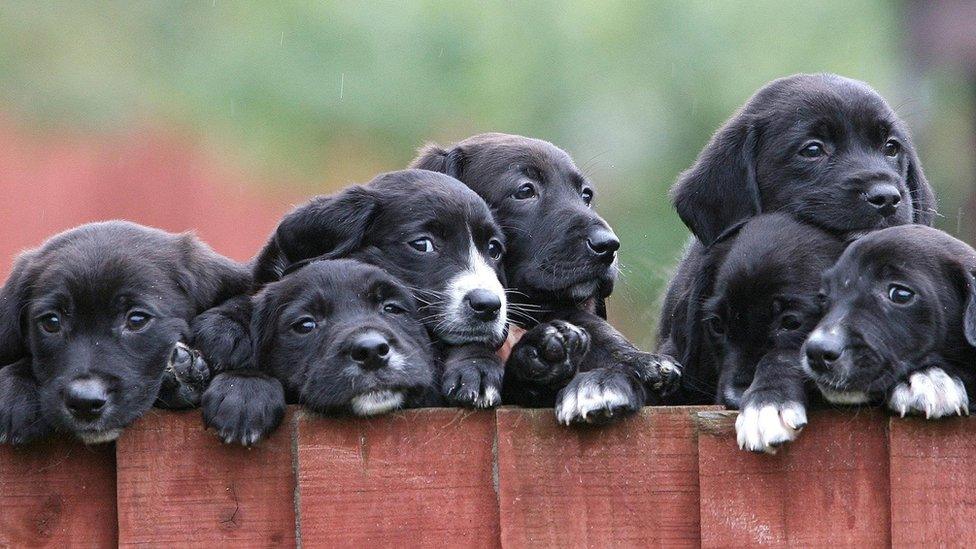
- Published8 November 2011
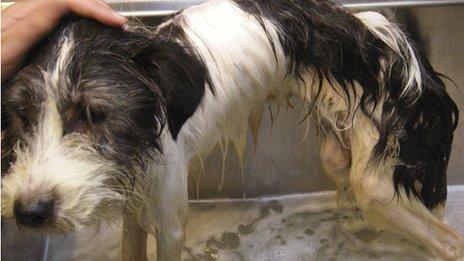
- Published2 September 2019
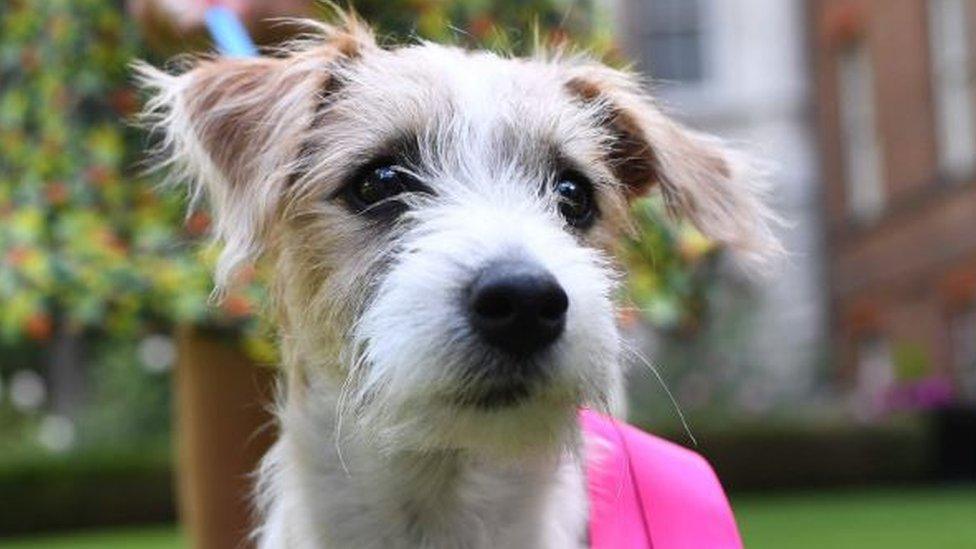
- Published19 February 2019
